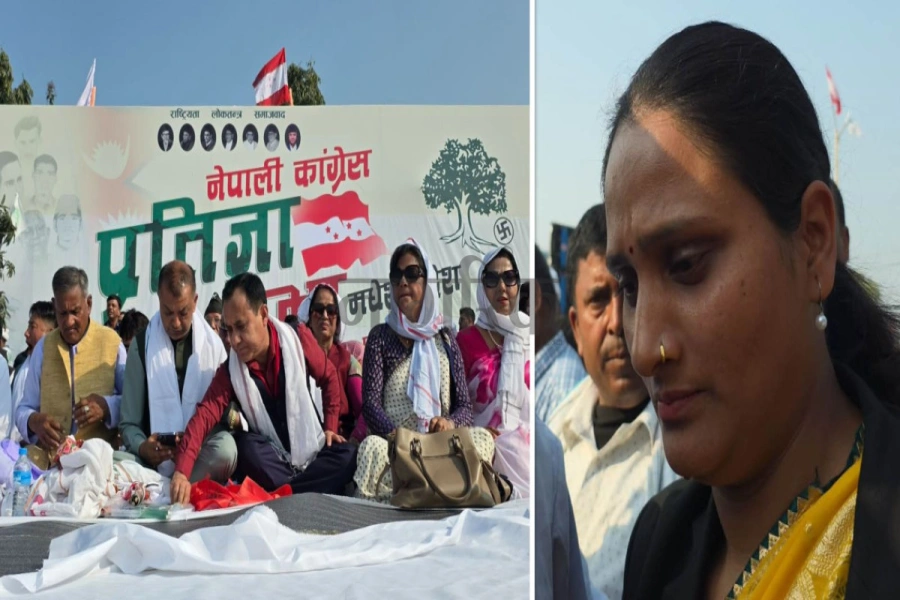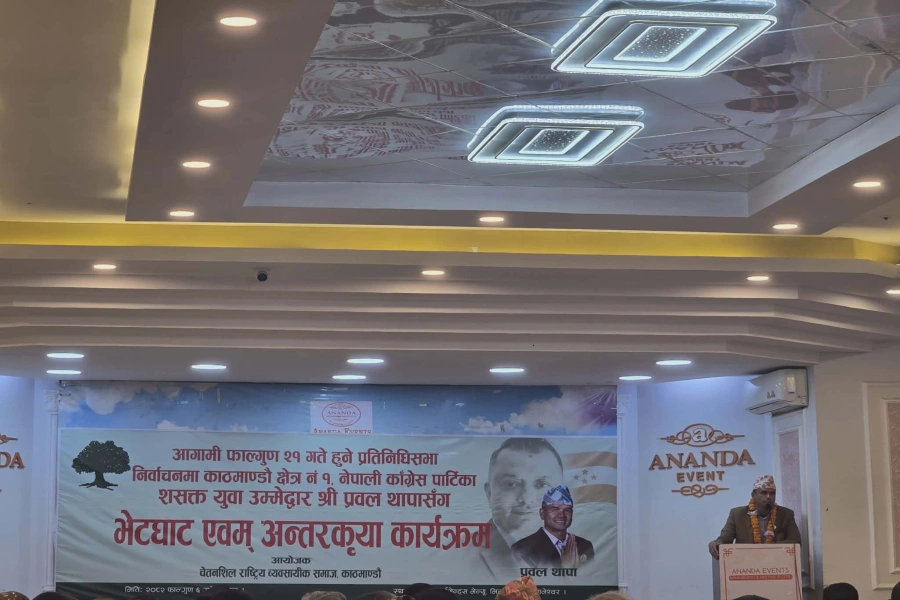When her parents heard that she was pregnant, they did not congratulate her. She wasn’t married. It would tarnish her image, they thought, and she was told to rethink. But Bhawani Sharma*, a high ranking professional, was not ready to reconsider her decision and insisted on carrying the baby to full term.
However, within a few weeks of her pregnancy, things at home started changing. Her mother started cooking food that was thought to be pregnancy friendly. She even started buying clothes and other things for the soon to be born baby. Her friends and relatives found it hard to understand how Sharma and her family could take this ‘serious’ matter so lightly. As Sharma’s baby bump started getting noticeably bigger, the gossip mills started rolling though nobody dared to question her directly. Despite it all, Sharma maintained her cool and even continued going to office.
A month ago, she delivered a healthy baby boy. There was no big crowd at the hospital room to celebrate the ‘good news’ but her close friends and few relatives surrounded the baby and made it a moment to cherish forever. Being a mother without getting married in the Nepali society is almost a taboo and Sharma fully understood this. Yet, she decided to keep her baby because she felt it was her choice and that it was fine no matter who said what.
“When I found out that I had conceived, I was overjoyed. I felt connected to the life growing inside me instantly and I wanted to bring my baby into the world,” said Sharma, 38, a resident of Lainchaur. “In our culture, conceiving is mainly for procreation purposes, for carrying the family name forward. It’s almost a duty after marriage. But for me, that wasn’t the case. My baby is the result of my love and wish. Forsaking it fearing the society would make no sense,” she added explaining that though she couldn’t marry the man she loved because of reasons she would rather not disclose, she wouldn’t let that stop her from keeping their child.
Similarly Binita Dhakal*, resident of Purano Naikap, didn’t want to get married but wanted to have a baby. A single child of well to do parents, Binita opted for test tube baby and her son is now eight years old. “I don’t believe that a single parent can’t raise a child properly. Even when both the mother and the father are present, not all parents can do a good job of raising their children. It’s matter of perspective and how you handle things,” she said.
Noted critic and poet Avaya Shrestha agrees with Dhakal. According to him, a woman should be totally free to do what she thinks is right. “Being a mother is every woman’s right. It is not necessary to be married for this, though she might have to face harsh criticism and judgment from the society,” he remarked. He added that he knows a couple of independent women who have kids though they are not married.
A woman can be a dignified mother without getting married, and it is her right, was what the Supreme Court had also declared two decades ago while settling a high profile case. In the case of Annapurna Rana, sister of Gorakh Shamsher Rana, the court passed the verdict that unmarried mothers cannot be made a subject of scrutiny.
Sociologist Neeti Aryal Khanal tried to analyze it through different angles – from the perspective of the society, want-to-be mothers, supporting families and the child. “When your family is supportive of your decision to have a child out of wedlock, it’s not a big deal. Else, it might prove to be a little difficult,” she commented.
During the conflict period, many army men fathered babies through women around their camps. That could have been due to emotional bonding, or just physical attraction, or both. But, many women had to become mothers through men who would possibly not remain in their lives for very long. That’s a kind of forced single parenthood, Neeti said. “But in the cases here, it can indeed be viewed as a huge milestone in the path of women empowerment that they are in the mindset and have the social standing to negotiate their identities and choices. When there is a good support system in place, there is no reason for women not to opt for it if that’s what they want,” she explained.
The law of Nepal, though it does not bar women from becoming mothers without marriage, is not very friendly towards a matriarchal system or concept. At least, it is not so in practice yet, notes senior advocate Meera Dhungana. “In the lack of clear circulation to the offices, VDC, and Municipality of District Office in-charges still mentally torture women when they approach them for birth or citizenship certificate for their children through them. Or else, it’s women’s fundamental right and even the Supreme Court has already declared that,” she said. “A good thing is that the Home Ministry has sent out the circular recently. Now they cannot write ‘father not identified’, as they used to earlier. The circular suggests leaving the father’s name blank and writing only the mother’s name,” Dhungana explained.
The government is taking baby steps to ensure the rights of single mothers. However, Sharma says that even if she receives no help from the state when the time comes for her child to apply for legal documents, she is willing to fight for her rights. “It’s not something I think about today because I’m really happy that my child is with me but when and if the time comes, I’ll not hesitate to do everything it takes to ensure my child gets to live a dignified life,” she said adding that no mother would refrain from doing so.
Meanwhile, the National Woman Commission (NWC) reports that the number of unmarried mothers is on rise. Growing practice of live-in relationships and extra-marital affairs amid the current old marital laws has been victimizing both men and women, it says. According to NWC, cases of child before marriage come to the office when things go wrong between the partners and nothing can be done due to the lack of legal recourse on the matter. The NWC has been lobbying for social and legal acceptance of live-in relationships for nearly a decade in bids to get this unaddressed but burning topic the attention it warrants.
(*names changed)
Expecting mothers and new mothers found receiving less counseli...







































